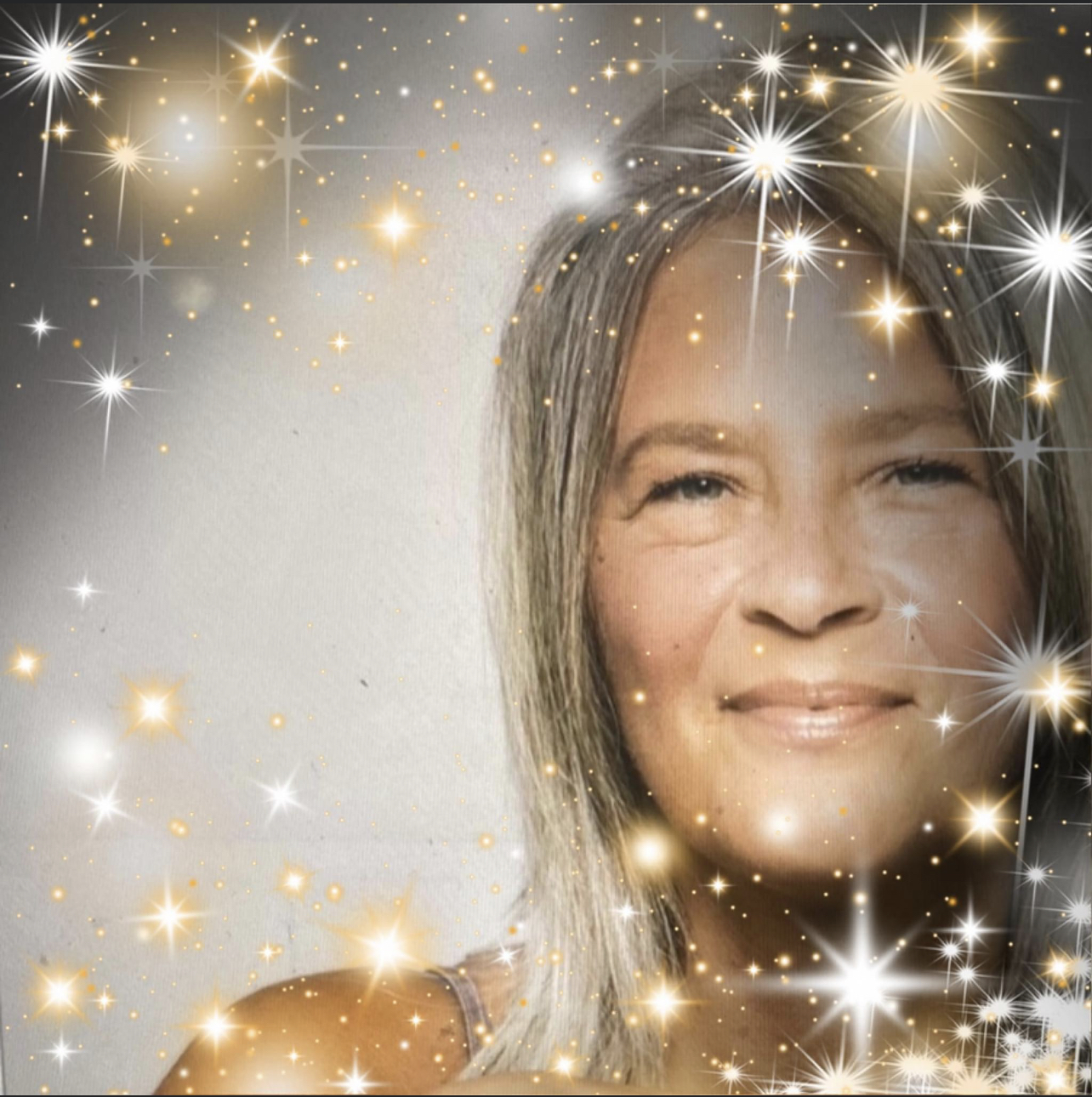Bioidentical hormones are marketed as the “natural” alternative to hormone therapy, promising a safer way to manage menopause. But here’s the truth: Are they really safe—or just another industry cash grab?
What They Don’t Tell You About Bioidentical Hormones
They’re Not Always “Natural”: Many bioidentical hormones are still made in labs, often derived from synthetic or animal sources.
No FDA Regulation: Compounded bioidentical hormones aren’t strictly regulated, leading to inconsistent doses and risks.
Potential Health Risks: Some studies suggest they can still increase the risk of blood clots, stroke and hormone imbalances.
A Safer, Plant-Based Solution
Your body can balance hormones naturally with the right foods—no risky treatments needed!
- Flaxseeds & Sesame Seeds: Natural sources of lignans that support hormone balance.
- Soy (Tofu, Tempeh, Edamame): Contains phytoestrogens that help regulate estrogen levels.
- Leafy Greens: Rich in calcium and magnesium to ease mood swings and hot flashes.
- Berries: High in antioxidants that fight inflammation and support brain health.
The Bottom Line
Menopause isn’t a disease—it’s a transition. The best way to support your body isn’t with lab-made hormones but with nutrient-rich, plant-based foods that naturally balance your system.
Want to take a natural approach to menopause? Hit reply and let’s talk about how you can thrive—without the risks.

I started out several years ago watching Forks Over Knives, decided to “try out” the plant-based meal plan and had shockingly incredible results. I’ve never turned back. I have lost nearly 50 pounds, and that is just one side effect that me, my family, friends and clients have experienced after making the change.
Having been an incredible cook my entire adult life, I started my own personal chef service, NuYu Nourish, to extend my help to others. I interned under a celebrity chef, became a celebrity chef myself and have been expanding my reach and goals ever since! My plan follows strictly and simply those of Dr. Mcdougall, Dr. T. Colin Campbell and Dr. Esselstyn.




